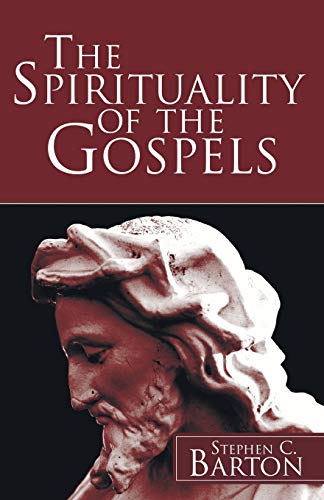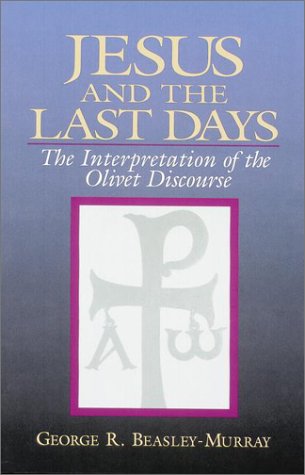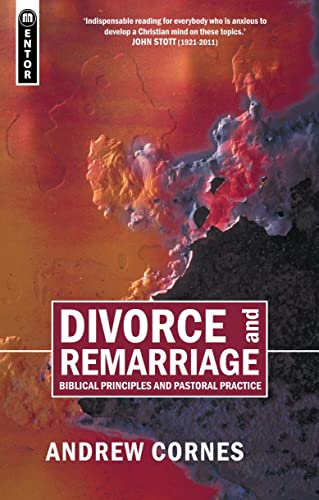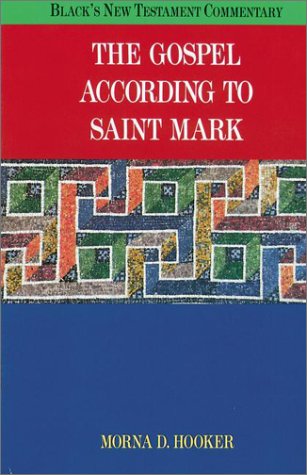The Message of Judges. Grace Abounding (The Bible Speaks Today)
Written by M. Wilcock Reviewed By Barry G. WebbMichael Wilcock, Vicar of St Nicholas’s Church, Durham, is by now a well-known and valued contributor to the Bible Speaks Today series. The present work maintains the high standard he has already set in his earlier volumes on Chronicles, Luke and Revelation.
Those familiar with my own work on Judges (The Book of the Judges, 1987) and the more recent exposition by D.R. Davis (Such a Great Salvation, 1990) will find that the present volume falls somewhere between the two. It is more popular in style than the former, but less racy and more thorough man the latter. True to the character of the BST series, Wilcock’s work is ideally suited to the needs of the busy Christian who wants to be drawn fairly directly into serious engagement with the text, and be given a start in responsible application.
The approach is straightforward. A brief introduction alerts us to the nature of the judges period and the special sense in which the term ‘judge’ is used in the book. It also points us to The Judge (Yahweh) who stands behind the judges, and to the overall theme of the book as Wilcock understands it: the faithfulness of God to his people despite their sinfulness and the (at best) patchy performance of their leaders. Wilcock is surely right here. It is only Yahweh’s perseverance with Israel in spite of her failings that brings her through this chaotic period. This basic understanding of the book’s message is then developed and applied in an exposition spanning eight chapters. The first is devoted to the book’s introduction (1:1–3:6), the next six to the long central section with its cycles of apostasy, oppression and deliverance (3:7–16:31), and the last to the epilogue (chs. 17–21) with its sardonic commentary on the rampant individualism of the period (‘every man did what was right in his own eyes’).
As someone who has worked intensively on Judges, I found myself in disagreement with Wilcock on minor points. Is Barak’s refusal to do what Deborah has told him to do unless she agrees to go with him really ‘the glorious combination of a humble confession of his own inadequacy and a sure confidence in the grace of God’? This is to read too much back into Judges 4 from the reference to Barak’s ‘faith’ in Hebrews 11. His response is certainly not what Deborah expects, as shown by her reply (4:9). Hebrews 11 tells us Barak had faith; Judges shows us how weak his faith was (all the more glory, therefore, to God!). But there will always be such disagreements among readers. It is part of the ongoing struggle to understand the text better, in the process of which iron sharpens iron. The overall thrust of Wilcock’s exposition is sound and contains many fine insights along the way.
This book displays the kind of sensitivity to the literary skill of the ancient author(s) that we have rightly come to expect since the rise of modern ‘literary’ approaches to biblical interpretation (especially of narrative texts). Wilcock’s own style, too, evinces much felicitous use of language and many memorable illustrations. The Book of Judges is likened to ‘a precarious bridge slung between the certainties of the exodus on that side and the monarchy on this’. But the fragility of this bridge is, in an important sense, an illusion. For ‘God’s people are as secure on it as the cliffs at either end of it’, and ‘the very first verse of Judges shows them looking to that unchanging authority, the Lord himself’. The relevance of this to our own uncertain age with its reckless individualism is clear, and the book is full of application which flows quite naturally from the exposition. This is a very well-written volume. Its usefulness is enhanced by a full-page map in the introduction which enables the reader to follow the action of the various episodes with ease.
I had only a few reservations. I wonder whether, with a biblical book of 21 chapters, the benefits of including the full text, section by section, are not outweighed by the disadvantages. The last nine chapters of Judges, a very significant part of the book, were covered in only 25 pages, of which nearly nine were taken up with the RSV text. Given the requirement to include application, this necessarily results in an exegesis of the text which is too thin to sustain what is built on it. I wonder, too, whether it’s still sensible to base a volume like this on the RSV, given the established place the NIV now has in evangelical circles? And finally, given the emergence (or re-emergence) of ‘ethnic cleansing’ in our contemporary world, it would have been helpful if more direct comment had been offered on the moral dilemmas inevitably posed for modern readers by the wars of occupation in the first two chapters of Judges.
But these are mere quibbles. This is a worthy addition to the BST series. Highly recommended.
Barry G. Webb
Barry G. Webb
Moore Theological College
Newtown, New South Wales, Australia







